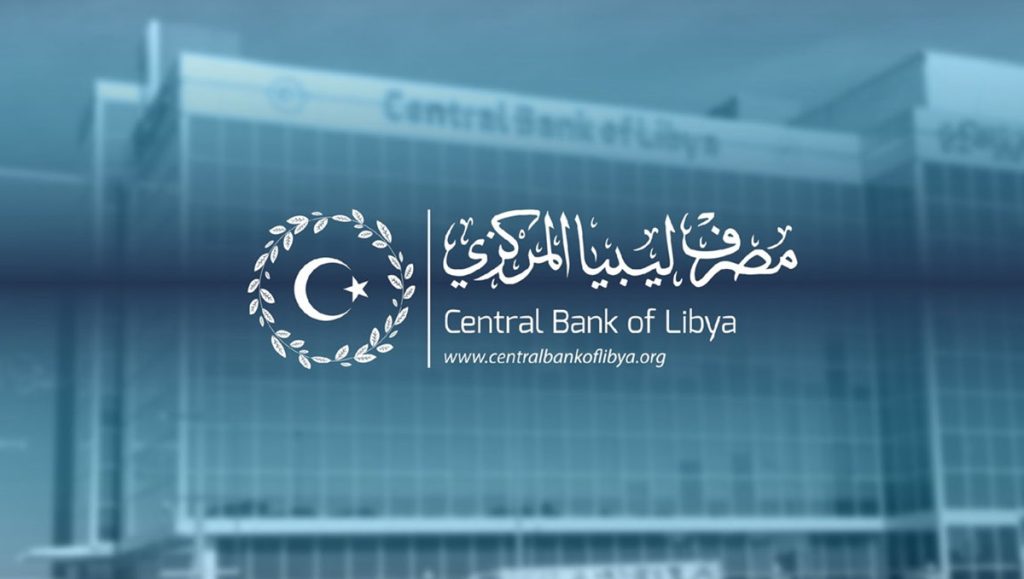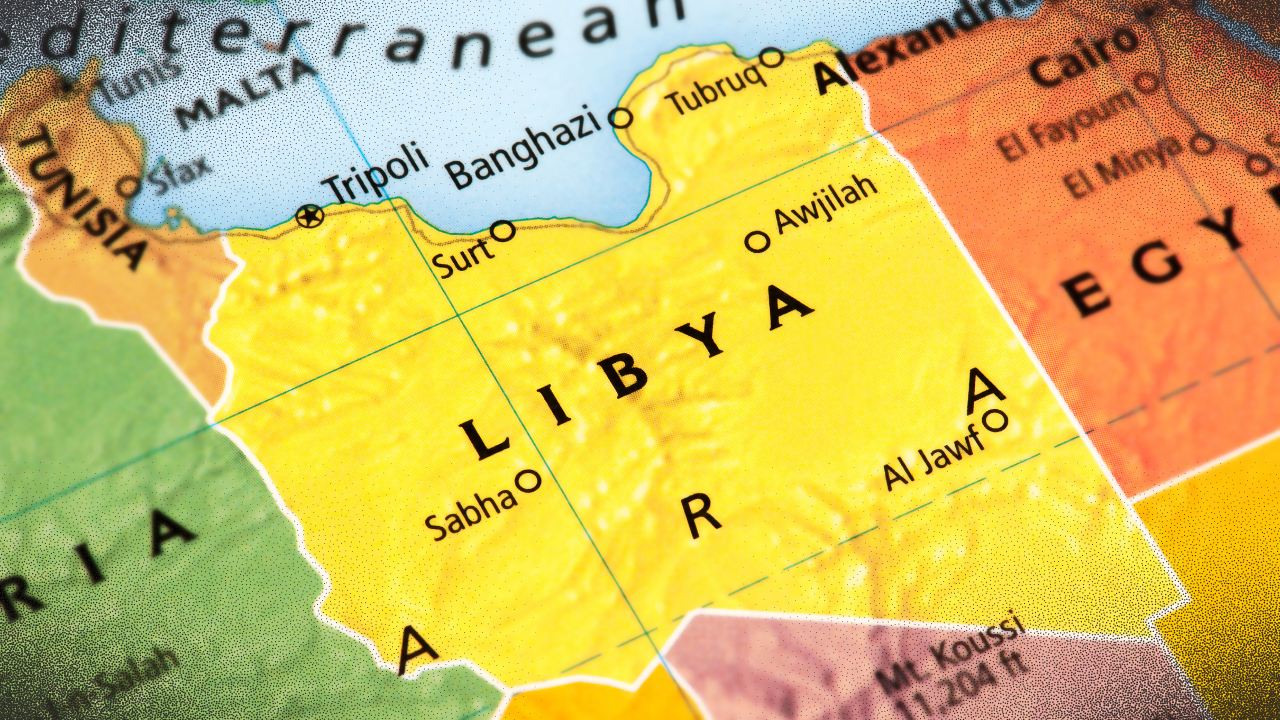The shutdown of the Central Bank of Libya (CBL) has had significant consequences for the country’s financial stability and access to international markets. The disruption of banking operations, threat to financial stability, loss of access to international financial markets, escalation of political tensions, and disruption of oil and gas exports have all contributed to a volatile situation in Libya.
Banking Operations
The shutdown of the Central Bank of Libya (CBL) has had a significant impact on the country’s banking sector. After one of the CBL’s senior officials was abducted, the bank announced the suspension of all its operations. This has disrupted the normal functioning of the banking system. It is affecting the ability of businesses and individuals to access financial services.

Financial Stability
The CBL plays a crucial role in maintaining Libya’s financial stability. Its suspension of operations has the potential to exacerbate the country’s economic and political crises. Leading to a further deterioration of the already fragile financial situation.
International Financial Markets
The U.S. special envoy for Libya has warned. Their attempts to forcibly replace the leadership of the CBL could result in Libya losing access to international financial markets. This would severely limit the country’s ability to engage in international trade and access much-needed foreign investment.
Political Tensions
The shutdown of the CBL is part of a broader power struggle between the rival governments in Libya. The abduction of the CBL official and the attempts to oust the bank’s governor have further exacerbated the political tensions in the country, which could lead to renewed violence and instability.

Oil and Gas Exports
The broader political tensions in Libya have also led to the closure of the country’s largest oil field, Sharara. This has had a significant impact on Libya’s oil and gas exports, which are a crucial source of revenue for the country.
Conclusion
The shutdown of the Central Bank of Libya has had far-reaching consequences for the country’s financial stability, access to international markets, and overall political and economic situation. The resolution of the crisis will depend on the ability of the rival factions to reach a political compromise and restore the integrity of Libya’s key financial institutions. Follow for more!














